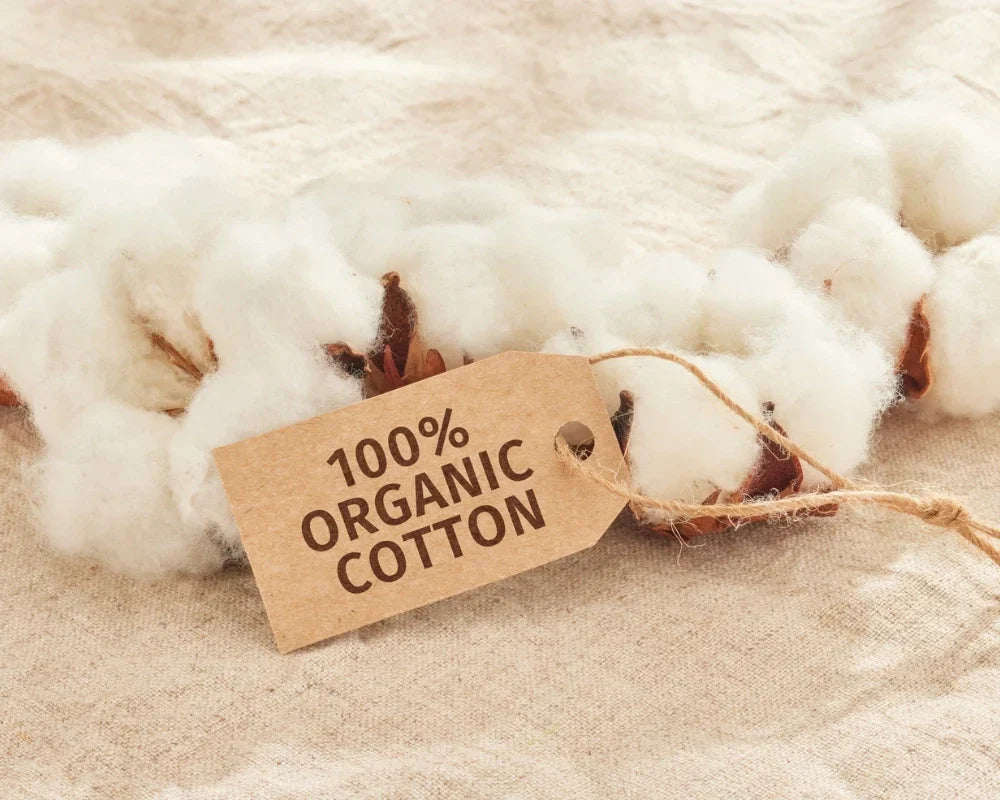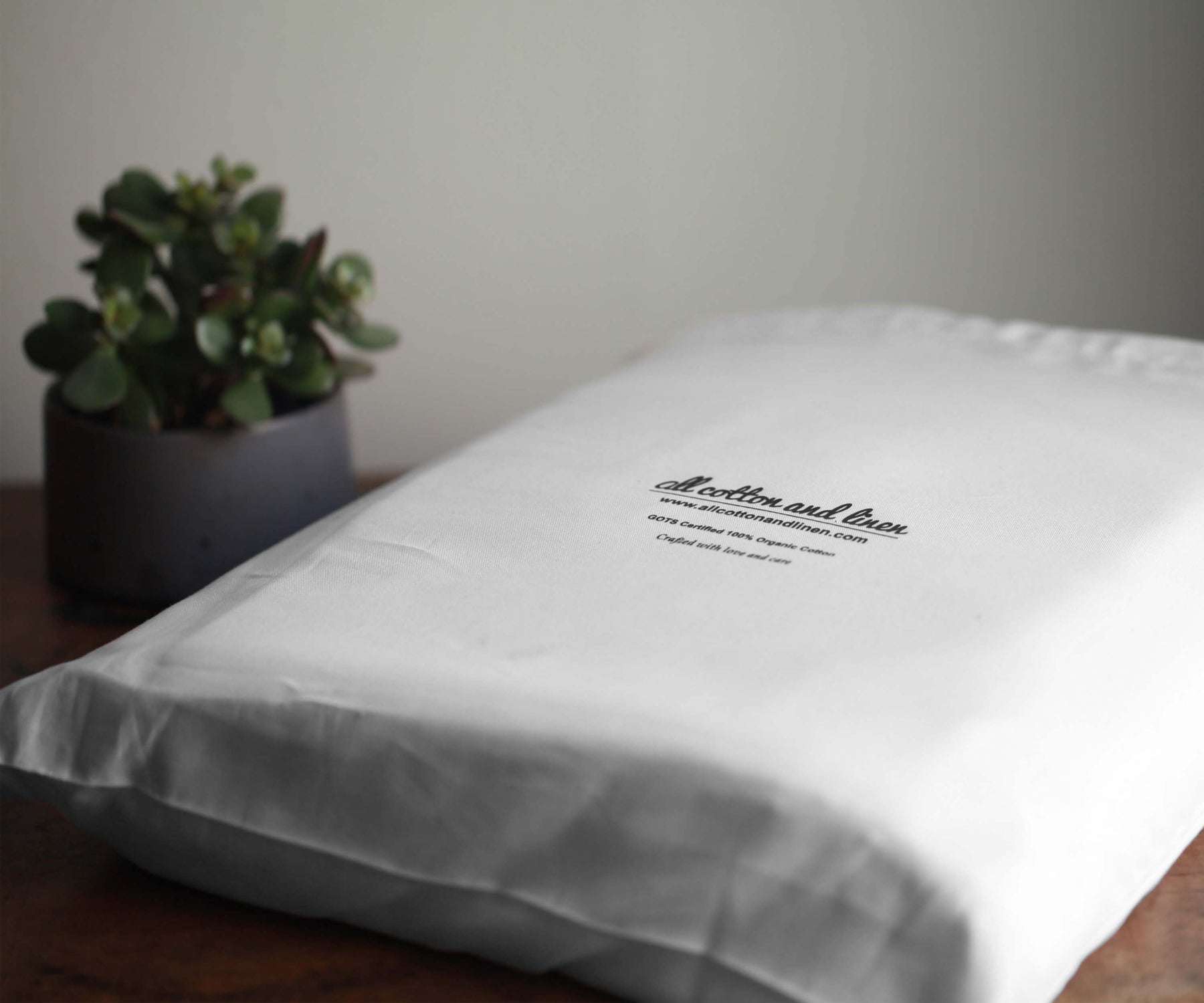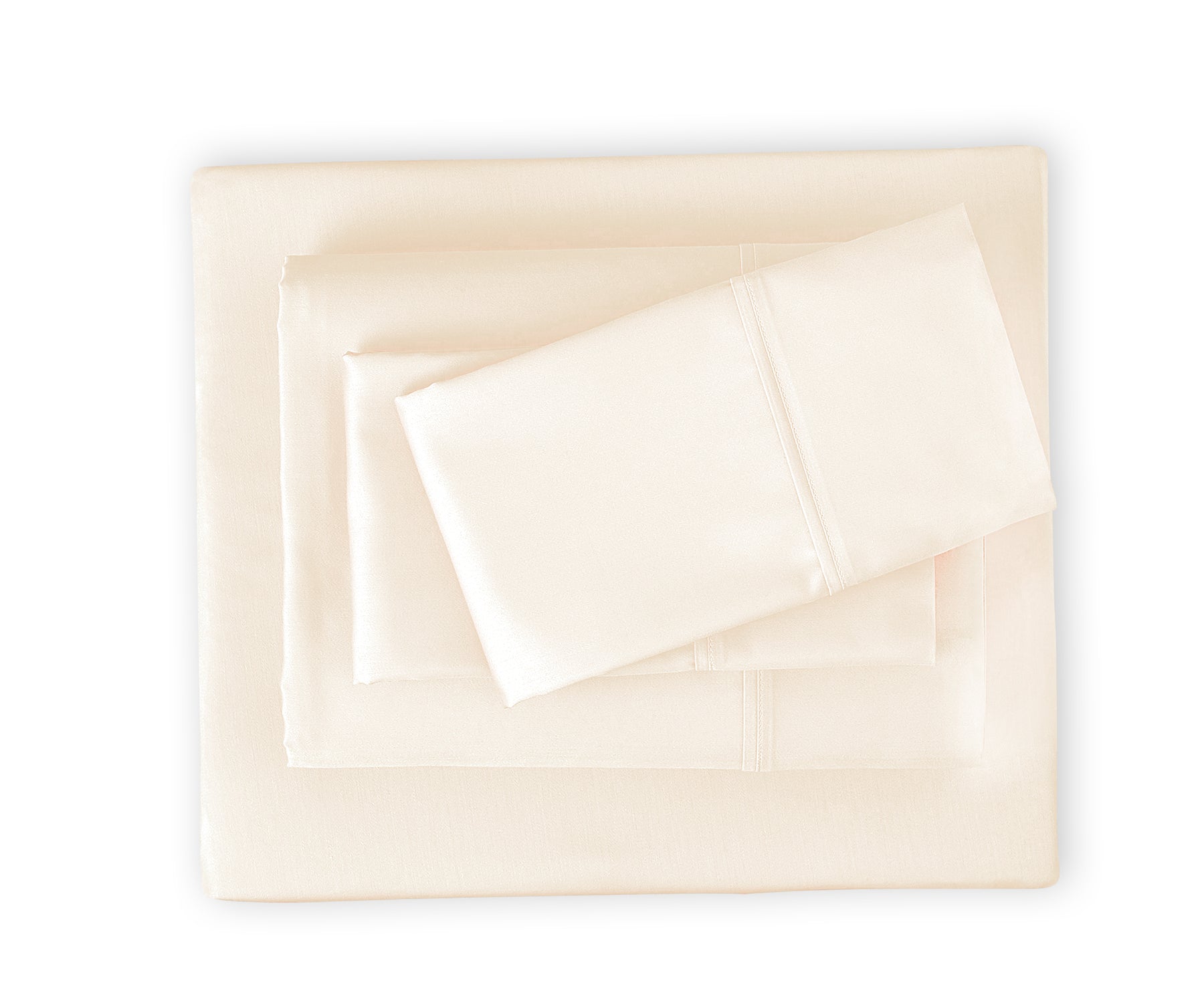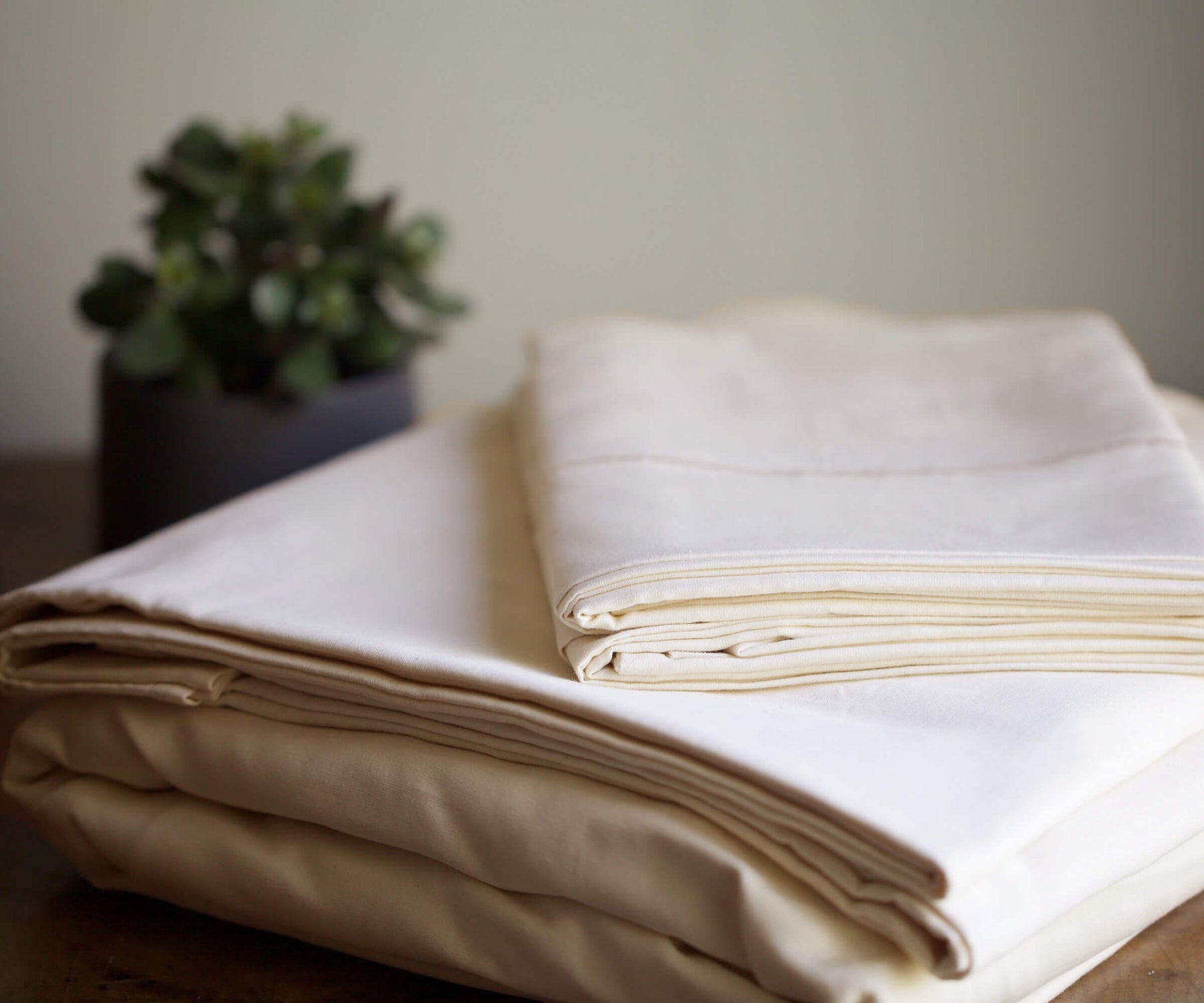What is Organic Cotton?
Organic cotton is grown without the use of synthetic pesticides, fertilizers, or genetically modified seeds. Instead, farmers rely on natural methods like crop rotation, composting, and beneficial insects to maintain soil health and control pests. This makes it a more eco-friendly and sustainable option compared to conventional cotton.
On the other hand, non-organic cotton is often grown using chemicals that can harm the environment and potentially affect human health. This raises concerns, especially when it comes to products like baby clothes, underwear women, and pajamas, which come into direct contact with sensitive skin.
Read More: How to Plan a Wedding on a Small Budget
The Key Differences Between Cotton and Organic Cotton
The difference between cotton and organic cotton goes beyond just farming practices. Organic cotton is softer, hypoallergenic, and free from harmful residues, making it ideal for sensitive skin. It’s also more durable, as the fibers are not weakened by chemical treatments.
Non-organic cotton, while more affordable, may retain traces of pesticides and chemicals used during cultivation. This has led many to wonder, is non-organic cotton toxic?
While it’s not inherently toxic, the chemicals used in its production can cause skin irritation or allergies for some people, especially in items like bedding, mattress covers, or bra fabrics.
Also Read: What to Wear to a Wedding: Stylish Outfit Ideas for EveryOne
Everyday Products Made Better with Organic Cotton
From your kitchen to your bedroom, organic cotton can elevate your everyday essentials. Here are some products where organic cotton truly shines:
-
Cotton Dinner Napkins: Swap out your regular napkins for organic ones. They’re not only eco-friendly but also add a touch of elegance to your dining table.
-
Organic Kitchen Towels: Ditch the synthetic fibers and opt for organic cotton towels. They’re more absorbent and free from chemical residues.
-
Cotton Tablecloths and Cotton Placemats: These organic options are perfect for hosting gatherings while staying true to your sustainable values.
Why Choose Organic Cotton?
There are several reasons why organic cotton is worth the investment:
-
Health Benefits: Organic cotton is free from harmful chemicals, making it safer for your skin. This is particularly important for items like baby clothes and underwear women, where comfort and safety are paramount.
-
Environmental Impact: Organic farming practices reduce water consumption, promote biodiversity, and minimize soil degradation. By choosing organic, you’re supporting a healthier planet.
-
Durability and Comfort: Organic cotton fibers are stronger and softer, ensuring that products like organic cotton sheets, comforters, and pads last longer and feel better against your skin.
Read Related: How to Incorporate Linen into Your Home Décor | Tips for a Stylish Home
Is Pima Cotton Organic?
No, Pima cotton isn’t inherently organic, but certain varieties are grown using organic methods. Many people confuse Pima cotton with organic cotton.
While Pima cotton is known for its luxurious softness and durability, it’s not inherently organic. Is Pima cotton organic? Only if it’s certified organic. Always check the label to ensure you’re getting the best of both worlds.

The Bigger Picture
Choosing organic cotton isn’t just about personal comfort; it’s about making a positive impact on the world. By supporting organic farming, you’re helping to reduce the demand for harmful chemicals and promoting fair labor practices.
Whether you’re shopping for clothing, bedding, or home essentials, opting for organic cotton is a small change that can make a big difference. So, the next time you’re in the market for organic cotton sheets or pajamas, remember that your choice matters—for your health, your family, and the planet.
The debate between organic and non-organic cotton boils down to quality, sustainability, and health. While non-organic cotton may be cheaper, the long-term benefits of organic cotton far outweigh the cost. So, why not make the switch today? Your skin—and the Earth will thank you.





























